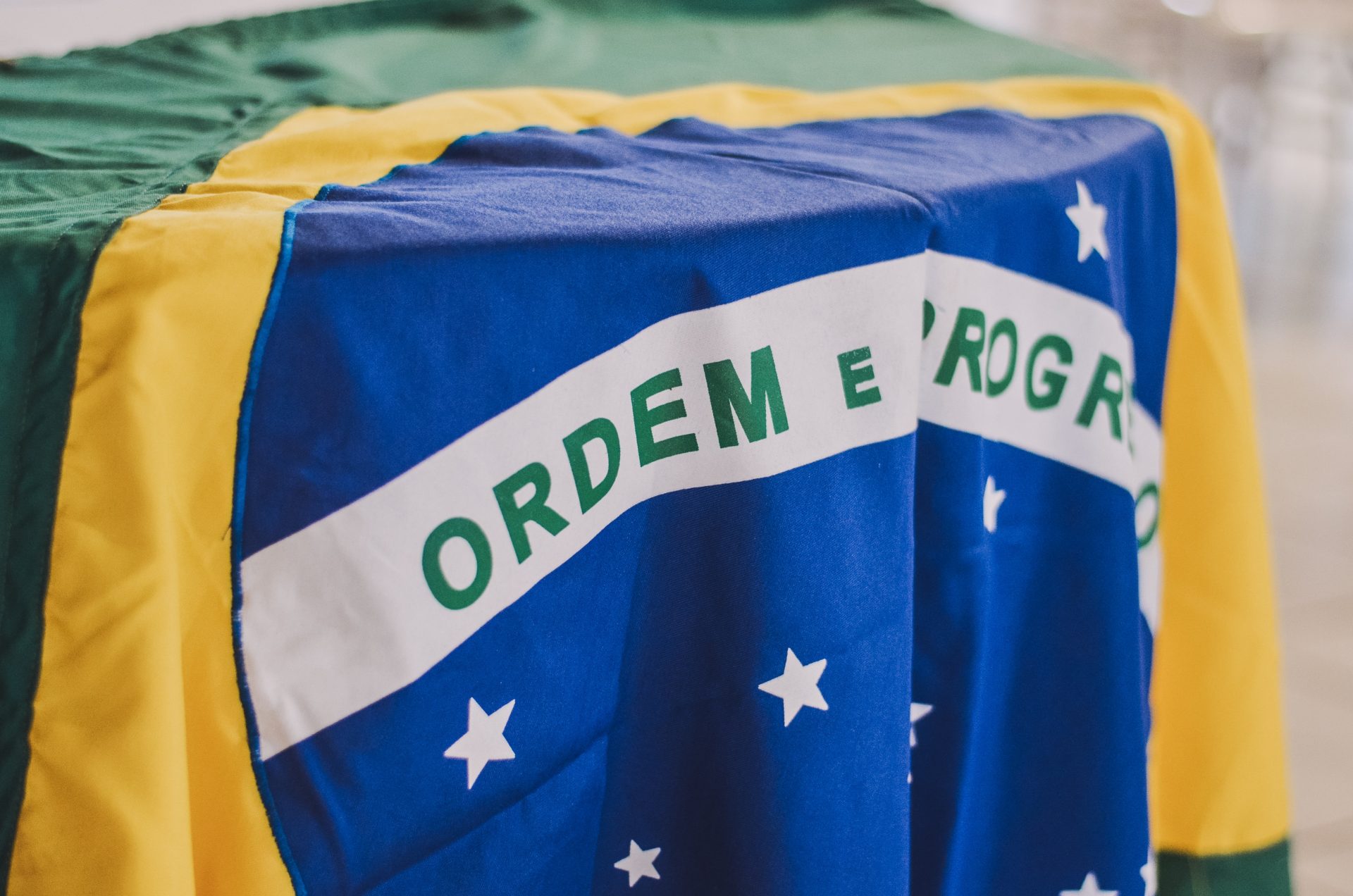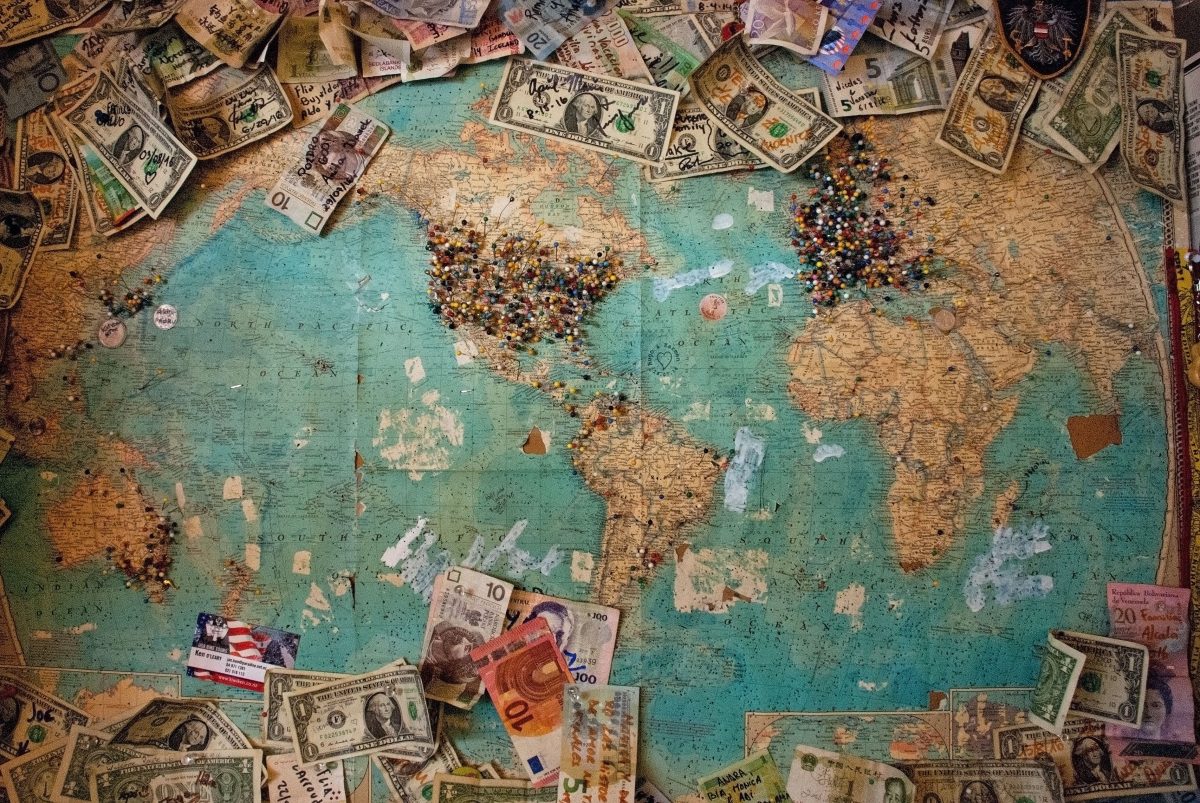Does “being brazilian” sell?

When exploring the “made in Brazil” is a good (or bad) position in the global market
When entrepreneurs think about opening their business outside Brazil, one of the first questions is: “what is the acceptance of the target country regarding my Brazilian product?” My question to you is: “does it make a difference for the customer where you come from?”
I joke with my clients that if you don’t sell cachaça, bikini or Havaianas, saying you’re Brazilian doesn’t make any difference. When creating your international brand positioning you need to understand what are the essential attributes for converting to sales. In other words:
Why does your international customer buy from you?
Pragmatically:
Price, quality, design, utility and status are the main selling drivers.
Have you ever seen a customer buy a Brazilian product purely and exclusively because he is from Brazil? Let’s reverse the logic: You buy a product simply because it comes from the US or Europe (well, let’s face it, what you buy in the US comes from China, and in Europe, because the design probably is done there, but the production also has high chances of coming from China or elsewhere in the world)…
In a globalized world, the “made in” is losing strength. For example, BMW communicated to the customer the pride of a product 100% “Made in Germany”, as something that refers to the design and high quality of its cars. In the 2000s, with the opening of other factories around the world, including in Brazil, the brand changed its strategy to communicate “made by BMW”. The change in communication from the country to the brand weakened the positioning of the product’s origin to strengthen the brand, which today has factories in several countries around the world and serves markets with a regional production and sales structure, increasing competitiveness and revenue of the group as a whole. In conclusion: the company understood that the customer buys a BMW for its design, for its status, for its quality before thinking it is a German-designed car.
The origin of the product may be part of the equation for selling the product, but it is not the determining factor. And here comes your next question:
How do I find out why my international customer buys from me?
Test, test, test. If you are entering the international market now and working in retail, use pop-up stores, or marketing actions with free samples with different audiences or use your creativity to gather feedback and map your competitors. Your customers’ perceptions will be essential to understand how to position your product in the country you want to enter. If you work with services, invest in digital marketing and freemium versions to gather feedback.
If you are an experienced exporter and you have a consolidated international sales structure, ask the one who is on the forefront with the customer why they are buying your products and not your competitor’s.
I doubt that in any of these cases “because you come from Brazil” is the first answer. Not even the answer of the customer who buys cachaça, bikini and Havaianas is this one. You see, the cachaça’s answer must be “because it’s tasty”, the bikini “because it’s sexy” and the Havaianas “because it’s comfortable and colorful”. The second answer for these three products may have to do with Brazil’s joy and tropical climate. In other words, “made in Brazil” adds to it, but it is not sold alone.
I still want to touch on some points:
Intangible Risks of the Brazil Brand
For better or for worse, we are good at communicating calamities in our country abroad. Corruption, violence, unemployment is everything that comes out in the international media about Brazil. So, all the beauty and wealth of our country is overshadowed. You can assume the role of being an ambassador of the good things in Brazil and try to break these paradigms, but this can cost you dearly and may not work.
Corruption can be associated, and your company is perceived as unreliable, or that doing business can be a risk and damage the brand of the very customer who is willing to buy from you. If you run into this perception, you will have to build credibility from scratch that would be automatic if you were a British company, for example.
I was in London when JBS filed the first complaint against Temer and they released the recordings in 2017. It was a disaster. With all the Brits we spoke to that day, we had to explain that despite the corruption in politics, business is healthy and thriving. It was another scratch on Brazil’s image that will take years to heal.
Brazil is (and stays) cheap
There are some people in Brazil who love the undervalued exchange rate. Now our companies are cheap to attract foreign investors. This set of work does not allow you to increase the price of your product if you have a differentiation and added value strategy. There is a chance that your international customer will pressure you to win in price.
I once heard from a mentor: Brazilians do not sell, they are bought. In other words, we are opportunistic in the exchange rate to encourage sales (and wait for the buyer to come to us), but we are not thinking about strengthening our operation to shield ourselves from market volatility and guarantee the continuity of our international operations. If you want to internationalize, this mindset will have to change (a lot).
Brazilian government trade promotion
Apex Brasil and sector associations create international actions with the objective of strengthening “Made in Brazil”. They are fulfilling the role for which they exist (which is to introduce our products to the international market). Participating in these activities is essential, but think about your differentiation strategically. Today there are Brazilian companies that participate in international events (the same as APEX) but outside the sectorial project to strengthen their own brands and dissociate themselves from the Brazil brand. It is part of the internationalization process.
See, the point here is not to hide that you come from Brazil, but you definitely don’t need to show it off. In a globalized world, where you compete with products and services from all corners of the world, origin matters less than the other attributes of your product, so this should be your focus.
Again, the greater its international footprint (via exports or internationalization) the less important its origin is. At Sterna, we reflect together to understand the best attributes of your business that will guarantee international competitive advantages.
What is your international brand positioning strategy? Tell me here. see you in the world,
Sterna is the first Internationalization Boutique in Brazil. We can help you open your company abroad. Shall we have coffee? sales@sterna.co
Related contents

Brasília: The city of opportunities
Read more

The Internationalization of OPUS to Canada
The landing of one of the best software development companies in Brazil…
Read more

10 reasons for opening a company abroad
The time to expand your operation outside of Brazil is now. It…
Read more

Is your company ready to go global?
Read more